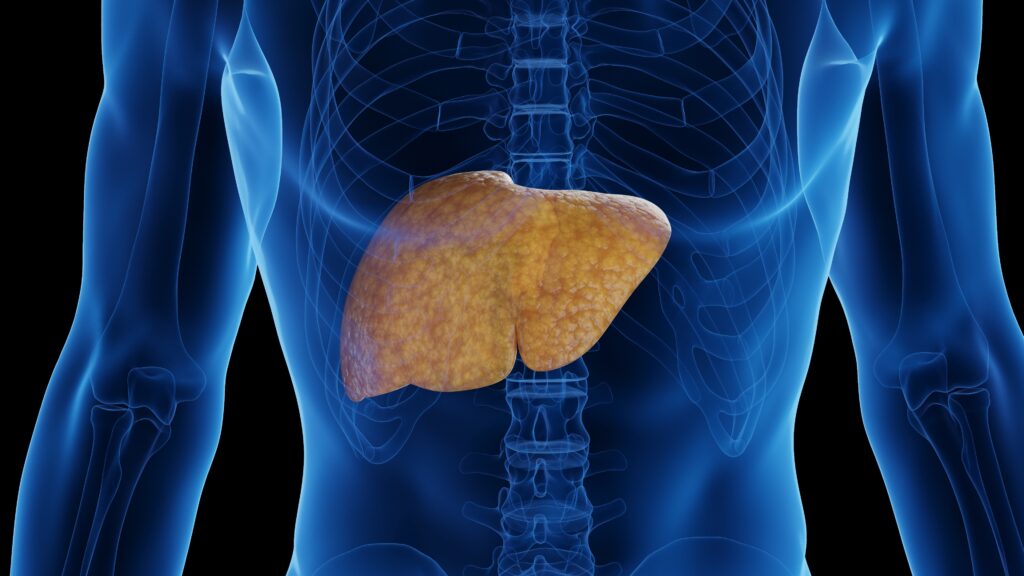How Vitamins B1, B6, and B12 Boost Brain and Nerve Health
Our brain, the body’s control center, plays a central role in how we think, feel and carry out everyday activities. Three important B vitamins—B1 (Thiamine), B6 (Pyridoxine), and B12 (Cobalamin)— are vital for maintaining brain and nerve health. Deficiencies in these B vitamins may lead to memory issues, difficulty concentrating, or nerve-related symptoms like numbness or tingling. Studies suggest that adequate intake of these vitamins may help keep the brain working well, particularly in aging populations.
Here’s how these B vitamins work to support brain and nerve health:
Vitamin B1 (Thiamine): Helps the Brain Get Energy
Vitamin B1 helps turn glucose from the food we eat into energy, ensuring that our brain cells receive a steady energy supply. If we don’t get enough of B1, we may feel mentally sluggish, confused, or have memory problems. Severe deficiency of B1 can lead to serious conditions that cause lasting or irreversible nerve damage. Some studies indicate that B1 supplementation in people with mild deficiencies can improve reaction times, thinking speed, mental clarity and alertness. Research also suggests, it may also help protect the brain from certain diseases related to aging, although more long-term studies are still needed to establish definitive benefits.
Vitamin B6 (Pyridoxine): Supports Mood, Learning, and Memory
Vitamin B6 helps the brain make neurotransmitters, important chemicals that influence our mood, learning, and memory. These include substances like serotonin, dopamine and gamma aminobutyric acid (GABA), which help us feel good and think clearly. Inadequate B6 levels have been linked to increased risk of depression and cognitive decline. Individuals with low B6 levels may experience mood disturbances or memory difficulties. Some studies suggest that older adults with higher B6 intake exhibit better memory performance and slower cognitive decline. B6 also helps maintain healthy blood levels of homocysteine, an amino acid. Elevated homocysteine levels may raise the risk of stroke or neurodegenerative diseases like Alzheimer’s. Clinical trials have shown that B6 when taken with B12 and folate, can help lower homocysteine levels, potentially reducing brain atrophy in aging individuals.
Vitamin B12 (Cobalamin): Keeps Nerves Healthy and Supports Blood Cells
Vitamin B12 plays a crucial role in maintaining the integrity of the myelin sheath, the protective covering of our nerves, ensuring efficient signal transmission in the brain. Without enough B12, people can feel neurological symptoms such as numbness, tingling, problems with balance and memory loss that can mimic dementia. A meta-analysis of clinical trials has shown that B12 supplementation may help slow cognitive decline in individuals with mild impairment—particularly when combined with B6 and folic acid. One study even found that individuals with high homocysteine levels who took B vitamin supplements had less brain shrinkage over two years compared to those who did not. However, B12 supplementation seems to work best for individuals with existing B12 deficiencies, rather than for those with normal levels.
The Role of B Supplementation
Deficiencies in B1, B6, and B12 are common in certain populations—especially among older adults, vegetarians, people who don’t eat meat or dairy, individuals with digestive disorders, and those who drink a lot of alcohol. While a balanced diet that includes whole grains, fish, poultry, dairy, and legumes provides these B vitamins, some individuals may require supplementation to meet their needs, particularly if they have absorption difficulties. Clinical studies suggest that taking high doses of these B vitamins can support cognitive function and nerve health, especially in individuals at risk of deficiency. Some research also suggests that B vitamin supplementation may slow down brain shrinkage and reduce homocysteine levels, which are both linked to cognitive decline. However, the extent of benefit varies based on individual health status and baseline vitamin levels. If you’re curious how B vitamin supplements could be beneficial for you, consult your doctor. They can help you decide what’s best based on your specific health needs.
Reference:
Kennedy DO. B Vitamins and the Brain: Mechanisms, Dose and Efficacy–A Review. Nutrients. 2016;8(2):68. Published 2016 Jan 27. doi:10.3390/nu8020068











